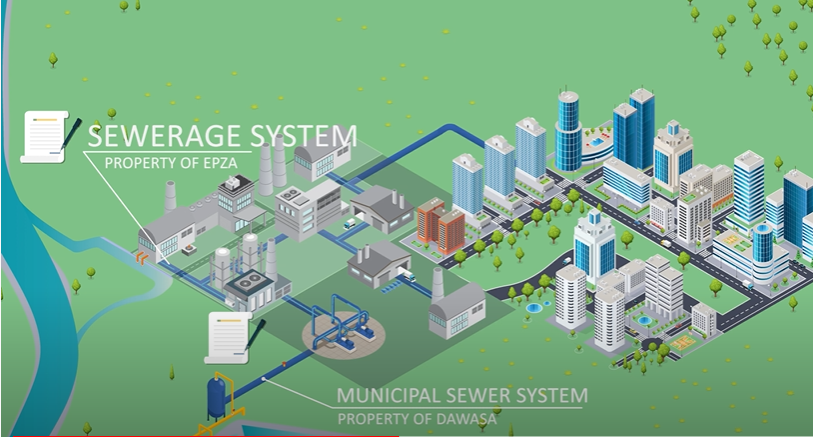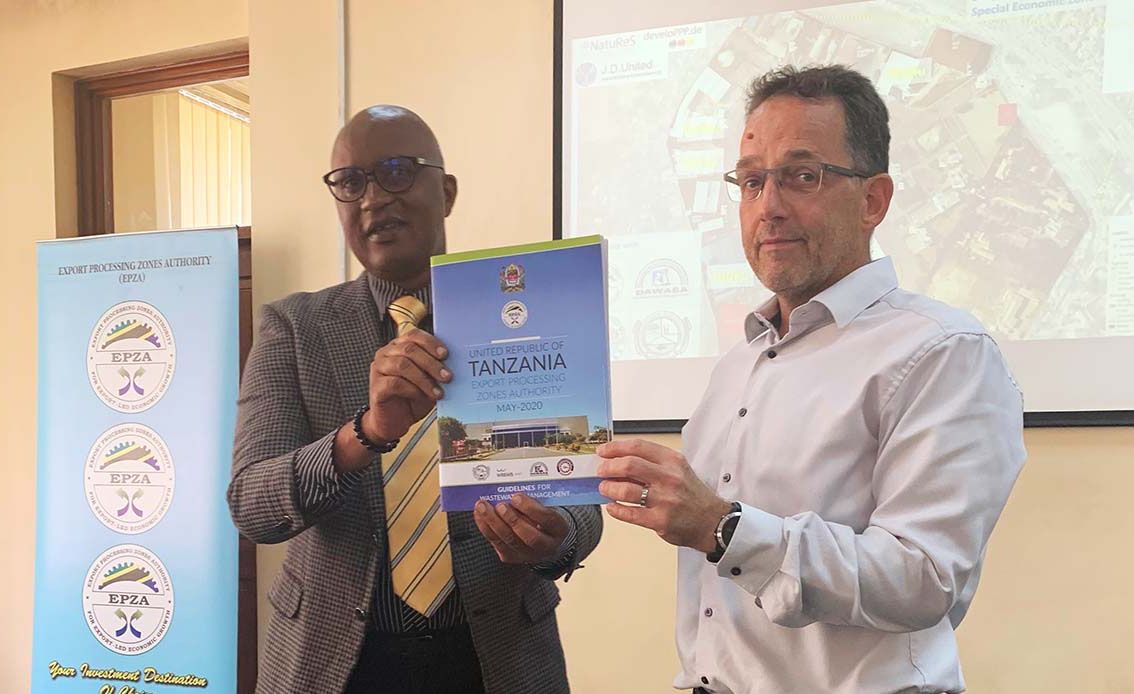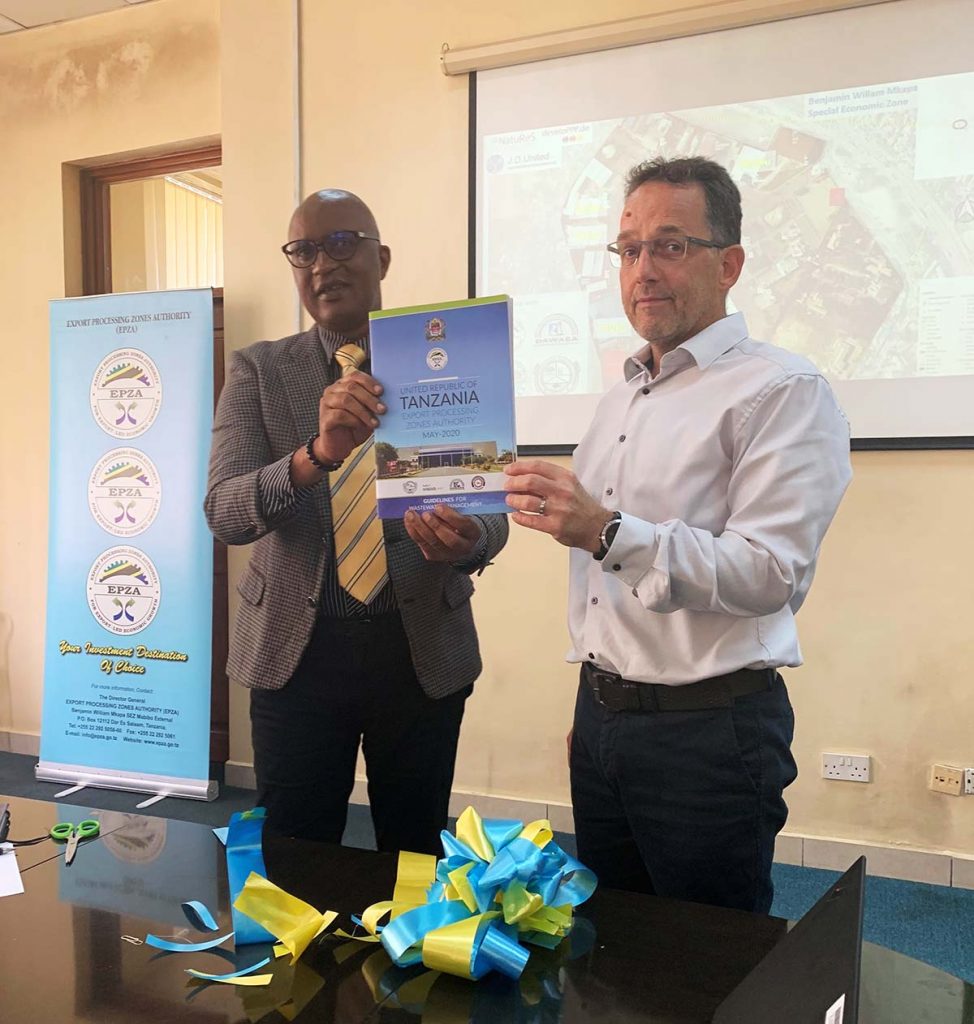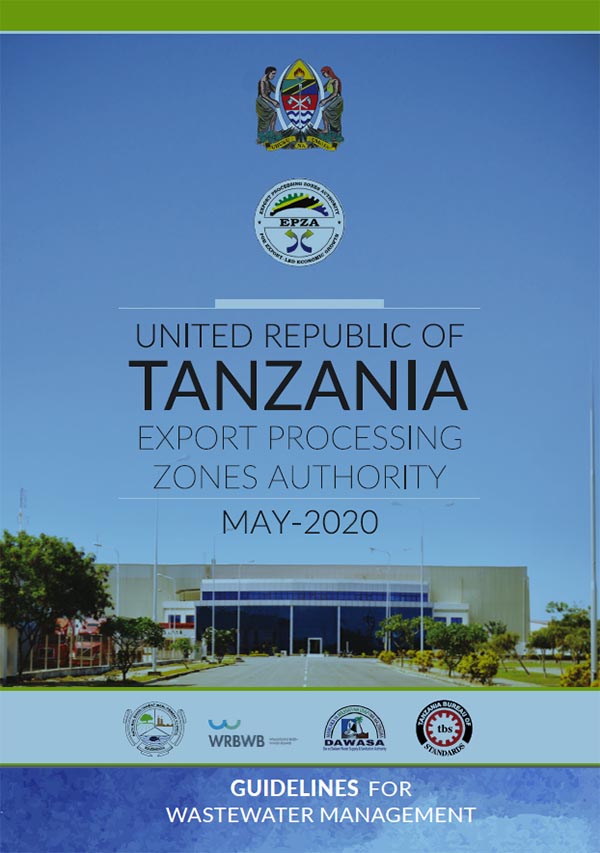Managing industrial wastewater in Tanzania: Challenges and solutions
Industrialization is one of the key strategic objectives within the Tanzanian National Development Plan. However, with often water-intensive production expanding, the treatment of increasing amounts of wastewater poses a major challenge. This is especially the case in the country’s economic centre Dar es Salaam. Untreated discharge not only has a negative effect on the ecosystem and the health of communities using the water, but also on foreign investment.
Complexity of discharge permit process as obstacle to investment
Industries, especially those exporting to the US and Europe, increasingly adhere to strict compliance on international environmental standards. A significant challenge these industries face is the complexity of the process to obtain official permits for the disposal of wastewater. With multiple regulating agencies involved and industries requiring various types of permits, the result is a complex and lengthy process to safely dispose of wastewater.
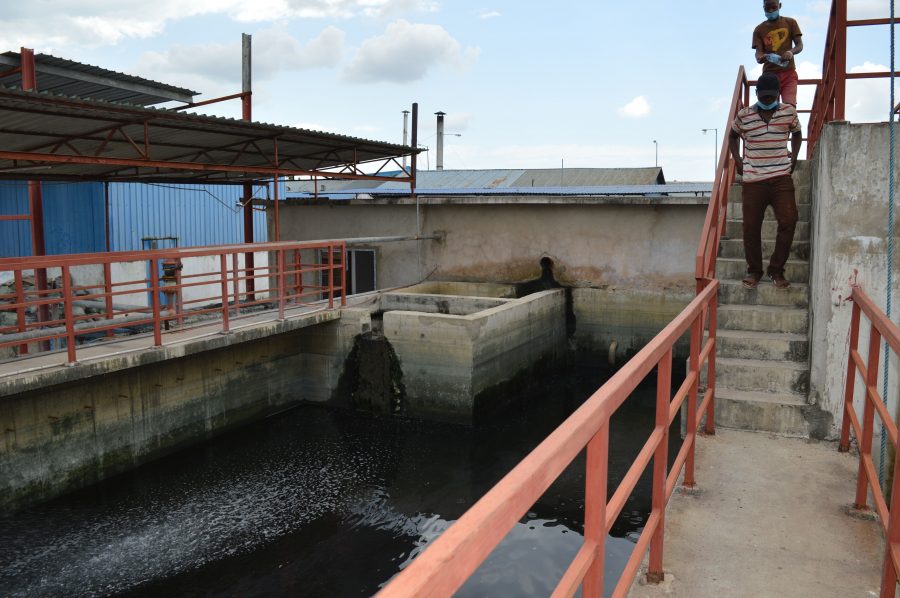
Copyright: EPZA
NatuReS, in collaboration with stakeholders of the partnership including the Tanzania Export Processing Zones Authority (EPZA), aims at addressing this issue. First, by establishing and facilitating a continuous dialogue between regulators and the private sector. Additionally, by supporting the development and implementation of ‘Industrial Wastewater Management Guidelines’ for the EPZA. These represent an important step to formalize and standardize this process.
With a growing industrial sector, there is an increasing need for an integrated, predictable and modern permit management system.
Videos to visualize processes and regulators
The following video visualizes both the processes and the regulators involved in industrial wastewater management, showcasing the example of an imaginary factory in the Benjamin William Mkapa Special Economic Zone.
A second video includes testimonies from the regulators, explaining their roles and responsibilities in managing industrial wastewater. The Confederation of Tanzania Industries (CTI) on behalf of the private sector highlights the persisting challenge to environmental compliance by industries and why it is important to have a coordinated approach in managing industrial wastewater.
